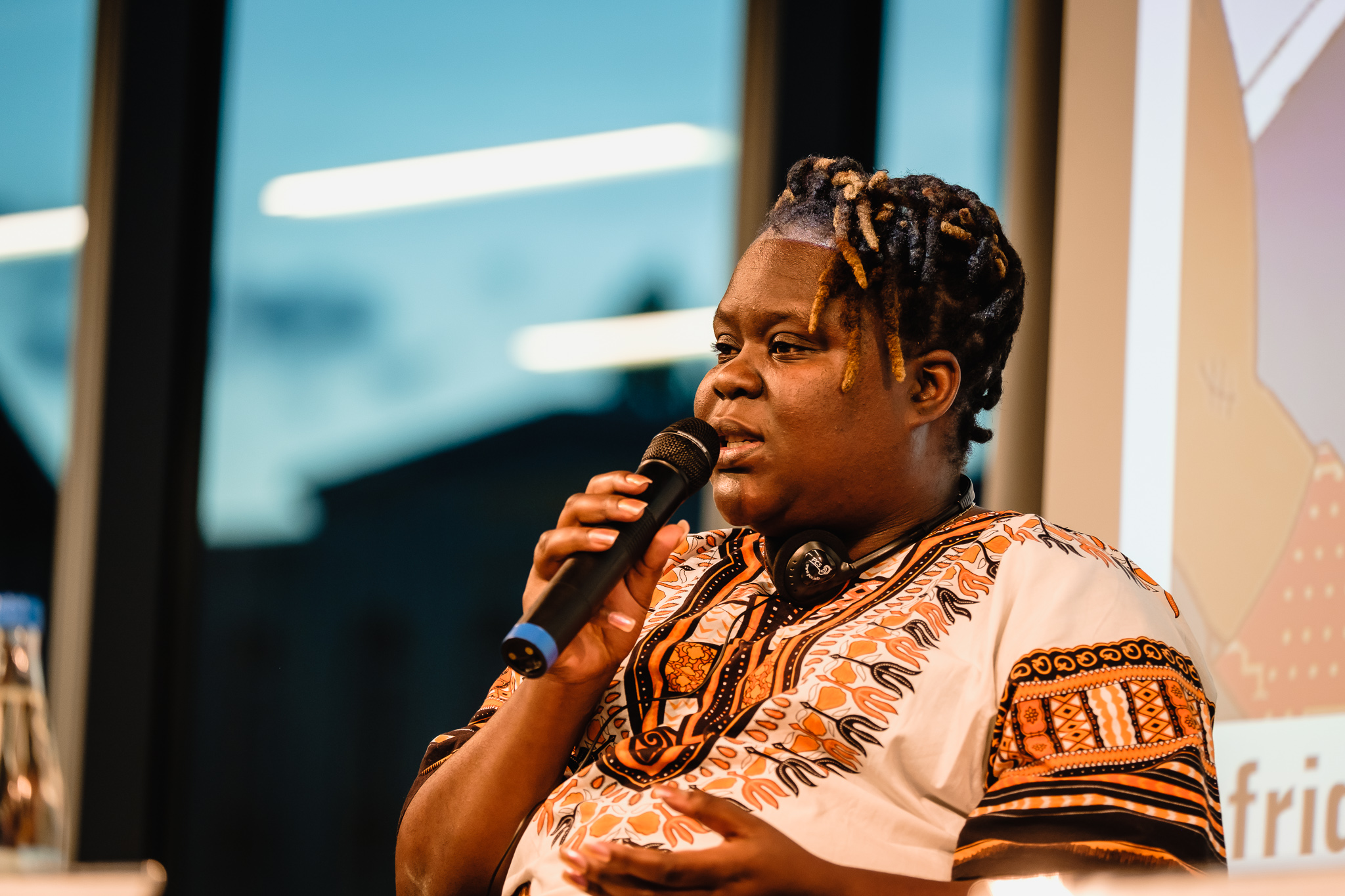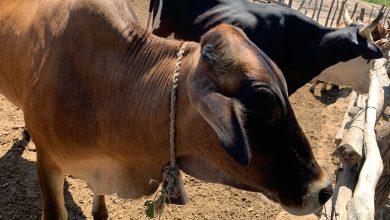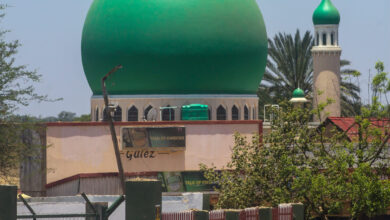THE political landscape in Zimbabwe is dominated by males, with a few courageous women managing to challenge the status quo by being elected into political leadership positions.
Women in Zimbabwe have, since the country attained independence in 1980, been marginalised from participating in politics.
Few women have sailed through to take up leadership positions in politics, despite lack of resources, intimidation and victimization from rival camps.
However, the political atmosphere in the country has not been a stroll in the park for the few daring women who have shown courage and resilience to contest in elections. Some of them have been subjected to gender stereotyping and victimisation in politics and the weaker ones had to call it quits while others soldiered on.
Some of the survivors of gender stereotyping and victimisation in politics shared their heart rendering and emotional journey in their fight for space in the volatile Zimbabwean political landscape.
Citizens Coalition for Change (CCC) councilor, Melody Chingarande, of Ward 5 Mbizo, Kwekwe in the Midlands Province, chronicled how victimisation in politics affected her both psychologically and how she has managed to ride the tumulous tide of Zimbabwean politics.
“Yes, l have been a victim of political victimisation as a young woman in politics. I was affected a lot psychologically. Considering the filthy police holding cells that l was detained under. With poor ventilation, dusty, and a blocked toilet by the corner. Flies and faeces are all over the dusty floor.
“The torture and beatings instill fear. Fear of taking up leading roles in politics. One may opt to take up subordinate posts even if they may be better candidates than the male counterparts,” she said.
Some women may even end up withdrawing or quitting politics for good. This affects women’s participation and representation in all decision-making processes, added councillor Chingarande.
Another well-known survivor of gender stereotyping is Linda Tsungirirai Masarira, the leader of LEAD political party.
She said gender stereotyping and labelling of women in politics leads to the withdrawal of female candidature from political contestations in Zimbabwe. Women choose to save their ‘reputation’ in society that be muckraked in the mud of name-calling politics.
“The effects of gender stereotyping and victimisation of women in politics is that a lot of women will shy away from politics because a lot of women do not like to be denigrated or to be called names.
“Women have generally been termed the weaker sex. So you will find that a lot of women will rather protect their dignity than to engage in this dirty Zimbabwean politics,“ said Masarira.
However, Masarira chose to stand from the crowd. She is thick-skinned, courageous and tenacious.
She said that when she ventured into politics, she was well aware of the murky political terrain that is not favourable to women.
“When I went into politics, I knew what the political terrain was like, the politics in Zimbabwe is characterised by mudslinging, tarnishing other people’s images, insults and so forth.
“It is unfortunate that some power greedy people who thrive on politics of self-aggrandizement have actually made it the norm in Zimbabwe’s political economy. To thrive on denigration, gender stereotyping victimisation and cyber bulling to reduce the perceived value of their political opponents,” said Masarira.
Both survivors shared their survival tips as they continue to soldier on their political journeys.
Chingarande advised, “one just needs to be strong enough to stand and take part in all contests, be it at the local government or legislature level.
“Women support groups in our communities have helped me to overcome the hurdles. From my experience, women should support each other and get rid of the “pull her down“ syndrome that men easily take advantage of.
“Capacity building workshops and seminars from women’s organizations such as WALPE, IYWD, WICoZ and others, help and capacitate women in politics, physically, mentally, socially,and financially. This helps women to survive in politics,“ said Cllr Chingarande.
Masarira shared her revolutionary survival tip.
“What we did in 2018 when people called Thokhozani Khupe, myself and Priscilla Misihairambwi prostitutes, we went and bought sweaters and we labelled them ‘hure’(Shona for propstitute) at the back and in the front we printed them ‘Me too’.
“That way we managed to disempower those who thought by calling us prostitutes they will kill our spirit.
“What needs to be done to overcome the effects of victimisation and gender stereotyping is to actually use what is thrown at you to build a castle. That is how I have managed to thrive and remain standing and firm in my position and in my beliefs on what is best for this country,” said Masarira.
Senior female politician and ZANU PF Member of Parliament, Honorable Perseverance Zhou, who has been in the political circles since 1984, urged young women in politics to stand firm and be principled in political spheres.
“We have seen it all. No amount of harassment can affect me. I know every position of power. From the cell(the lowest structure in ZANU PF) to the top. Harassment and displacements are there.
“My advice to the young women in politics is that they should be bold and principled. They should not be moved by anything. I am a very bold and principled person. I do not just jump simply because someone has ordered me to do so.
“Believe in yourself, be confident, work and deliver because your hard work will speak for you. Educate your fellow women about these things and give them examples of people who went through all those harassment and the outcome of what they went through.
“Young women should also get themselves some advisers who will guide them accordingly when the going gets tough because that is how I have managed to survive,” said Zhou.
Meanwhile, a recent and painful story involves a CCC political activist, Moreblessing Ali of Chitungwiza near Harare. She was brutally murdered in unclear politically related circumstances. This shows how brutal the Zimbabwean political field can be for women.
Africa and the rest of the world are far from achieving 50% women’s representation in politics – at all levels of governance. In 2021, women’s representation in parliament in Africa was at 24 percent.




